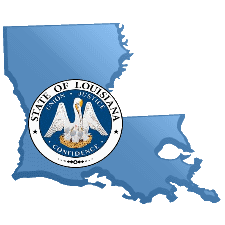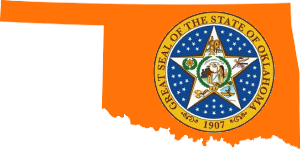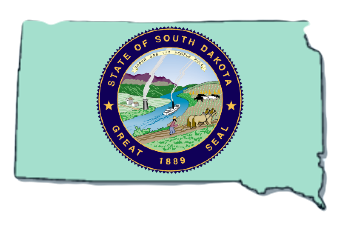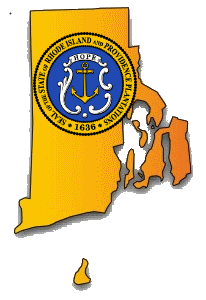
Revises the definition of dyslexia for purposes of testing and providing services to students.
Dyslexia is now defined as:
an unexpected difficulty in reading for an individual who has the intelligence to be a much better reader, most commonly caused by a difficulty in phonological processing, which affects the ability of an individual to speak, read, and spell. “Phonological processing” means the appreciation of the individual sounds of spoken and written language.







